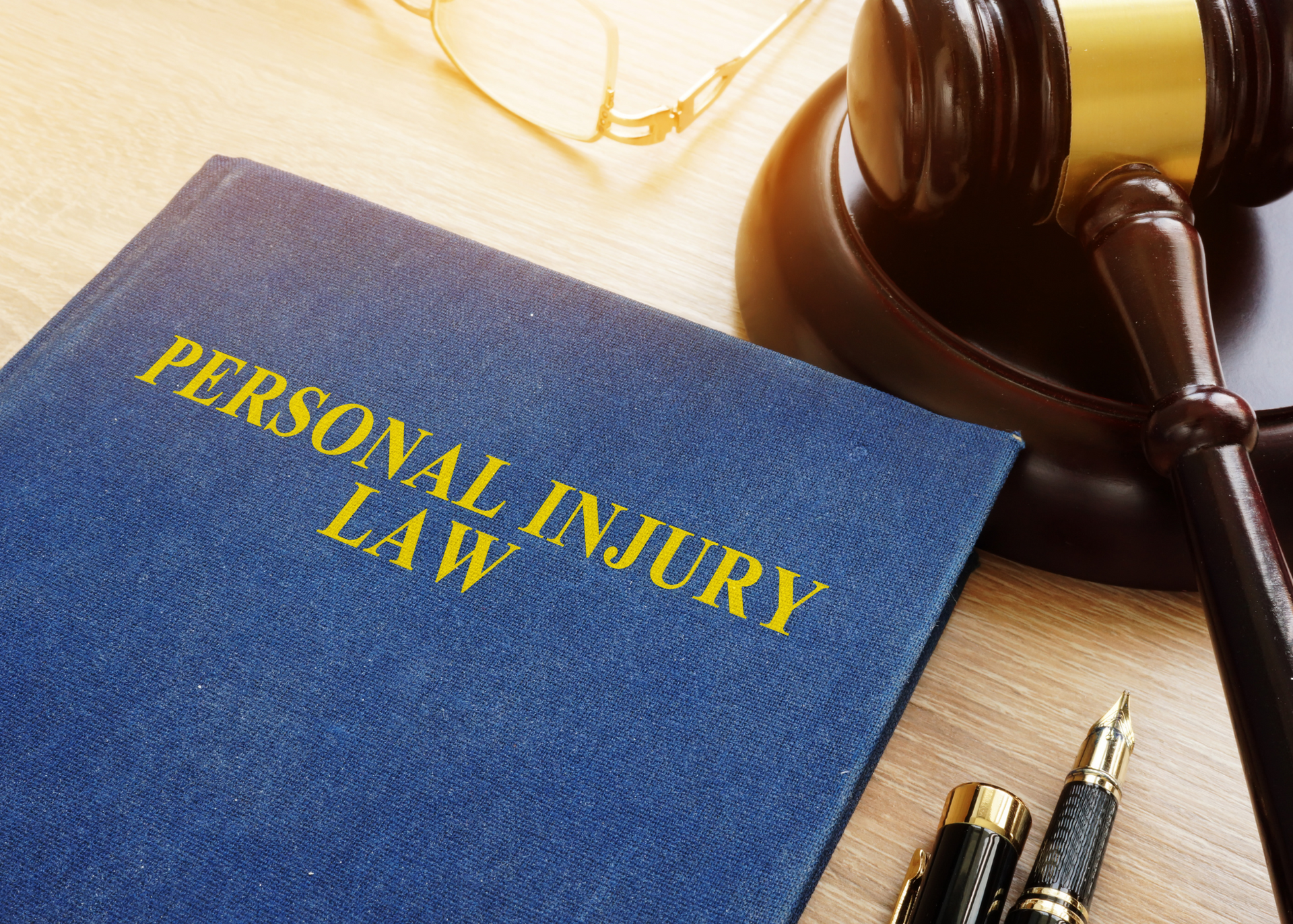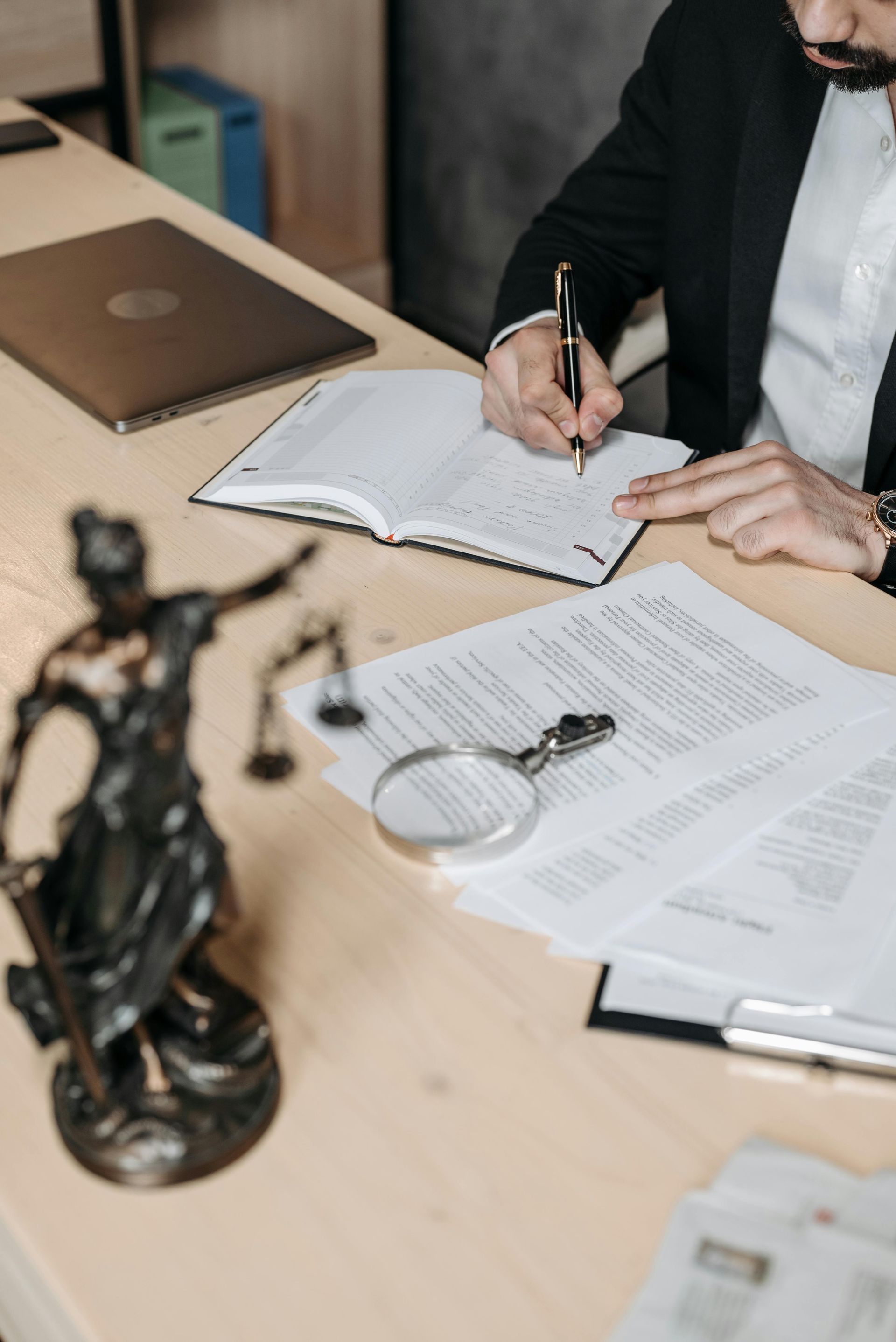April 9, 2025
Navigating the complexities of personal injury law can be daunting. This area of law encompasses a variety of scenarios where individuals suffer harm due to the negligence or intentional actions of others. From automobile accidents to medical malpractice, understanding the fundamentals of filing a claim is crucial for obtaining the compensation you deserve. What Constitutes a Personal Injury Case? A personal injury case arises when a person suffers harm from an accident or injury, and someone else might be legally responsible for that harm. The responsible party could be an individual, a business, or even a government entity. Common examples of personal injury cases include automobile accidents, slip and fall incidents, medical malpractice, and product liability. Key Elements of a Personal Injury Claim To successfully file a personal injury claim, certain elements must be proven: Duty of Care: The defendant owed a duty of care to the plaintiff. Breach of Duty: The defendant breached that duty through negligence or intentional misconduct. Causation: The defendant’s actions directly caused the plaintiff’s injury. Damages: The plaintiff suffered actual damages, such as medical bills or lost wages. Types of Damages in Personal Injury Cases Damages in personal injury cases are typically categorized into two types: economic and non-economic damages. Economic Damages Economic damages are quantifiable financial losses incurred as a result of an injury. These include: Medical Bills: Costs for hospital stays, surgeries, doctor visits, and rehabilitation. Lost Wages: Compensation for income lost due to the inability to work. Lost Earnings Capacity: Future income lost as a result of long-term disability. Property Damage: Costs for repair or replacement of damaged property, such as a vehicle in car accidents. Non-Economic Damages Non-economic damages are more subjective and may include: Pain and Suffering: Compensation for physical pain and emotional distress. Loss of Consortium: Damages for loss of companionship or spousal support. Diminished Quality of Life: Compensation for a reduced ability to enjoy life’s pleasures. Steps to Filing a Personal Injury Claim Filing a personal injury claim involves several steps, each requiring careful attention to detail. 1. Seek Immediate Medical Attention Prompt medical evaluation is crucial not only for your health but also for establishing a clear link between the accident and your injuries. Medical records will serve as vital evidence in your personal injury case. 2. Gather Evidence Collecting evidence is essential for substantiating your claim. This includes: Photographs of the accident scene and injuries. Police or accident reports. Witness statements. Medical records and bills. 3. Consult with a Personal Injury Lawyer Engaging with a qualified injury attorney is advisable to navigate the legal intricacies. A personal injury lawyer can offer expert guidance, negotiate with the insurance company, and advocate on your behalf, ensuring you receive fair compensation. 4. File the Claim A formal claim must be filed with the responsible party's insurance company. This claim should detail the extent of your injuries and damages. An experienced attorney can assist in articulating the intricacies of your case. 5. Negotiate a Settlement Most personal injury claims are resolved through negotiation rather than going to trial. Your attorney will work to secure a settlement that adequately compensates for your losses. If negotiations fail, litigation may be necessary. Statute of Limitations The statute of limitations dictates the time frame within which you must file a personal injury lawsuit. Typically, this period ranges from one to six years from the date of the injury, varying by jurisdiction and case type. Consulting with an attorney promptly ensures compliance with these legal deadlines. The Role of Insurance Companies Insurance companies play a pivotal role in personal injury cases. They are responsible for compensating the injured party, but their primary aim is often to minimize payouts. Therefore, it is crucial to approach negotiations with caution and the support of legal representation. Common Tactics Used by Insurance Companies Delaying the Process: Prolonging the claims process in hopes of wearing down the claimant. Denying Liability: Asserting that their policyholder was not at fault. Underestimating Damages: Offering settlements that do not fully cover the claimant’s losses. Conclusion Understanding the basics of personal injury law empowers you to protect your rights and secure the compensation you deserve. Whether dealing with car accidents, medical malpractice, or other injuries, comprehensive knowledge of the legal process and the assistance of an adept personal injury lawyer are invaluable. By recognizing the various facets of filing a claim, the types of damages you can recover, and the tactics employed by insurance companies, you are better equipped to navigate your personal injury case effectively. Always prioritize your health and consult with a professional to guide you through this challenging process. To schedule a case evaluation with Wilson & Novak Law Offices, reach out online or give us a call at 219-757-0225 .




